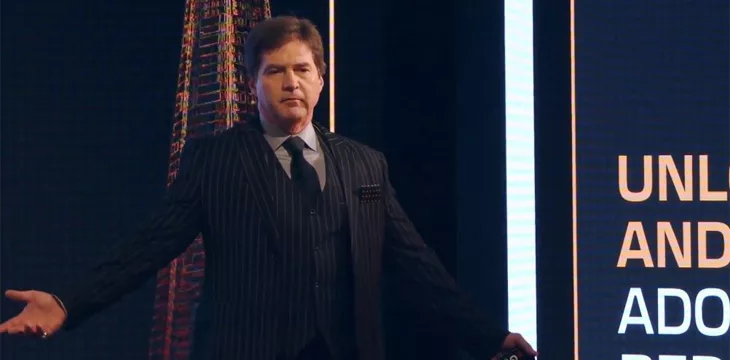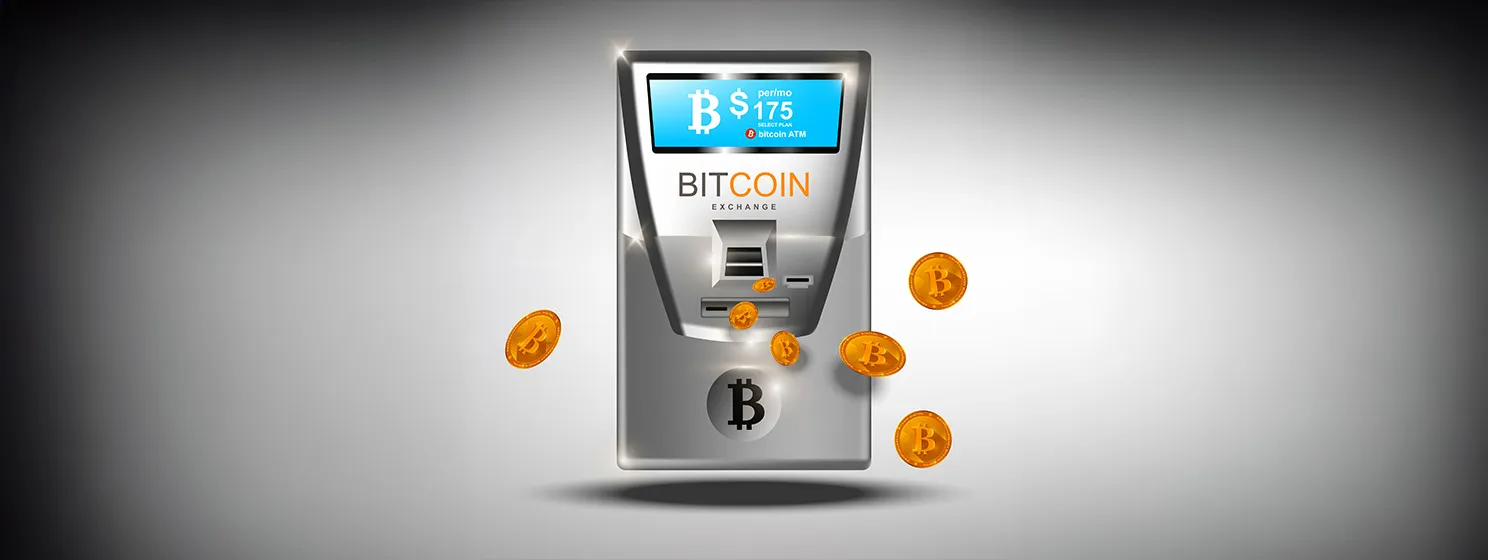|
Getting your Trinity Audio player ready...
|
At the London Blockchain Conference, Dr. Craig Wright’s keynote speech introduced a redactable signature system on Bitcoin. However, that was not it.
The presentation started with explaining this unique data management solution but ended in a pensive call for all of us to man up to finally become digital sovereigns.
Bitcoin compliance and redactable signature system
“Going back to 2011, you had two problems: I have mentioned identity and scaling. These remain problems for blockchain. Scaling? Well, we are solving—we have solutions out this year that cover most of that,” Dr. Wright said.
Concerning identity and privacy, Dr. Wright proposes a redactable signature system, explaining that it is “something where I can write a file to the blockchain and 20 years from now prove that file, even though I am not giving you everything. So, effectively, I can break down information down to its component’s parts and sign individually, so that from GDPR and Freedom Of Information—any requirement where I don’t want to give out all information—I can give you partial data.”
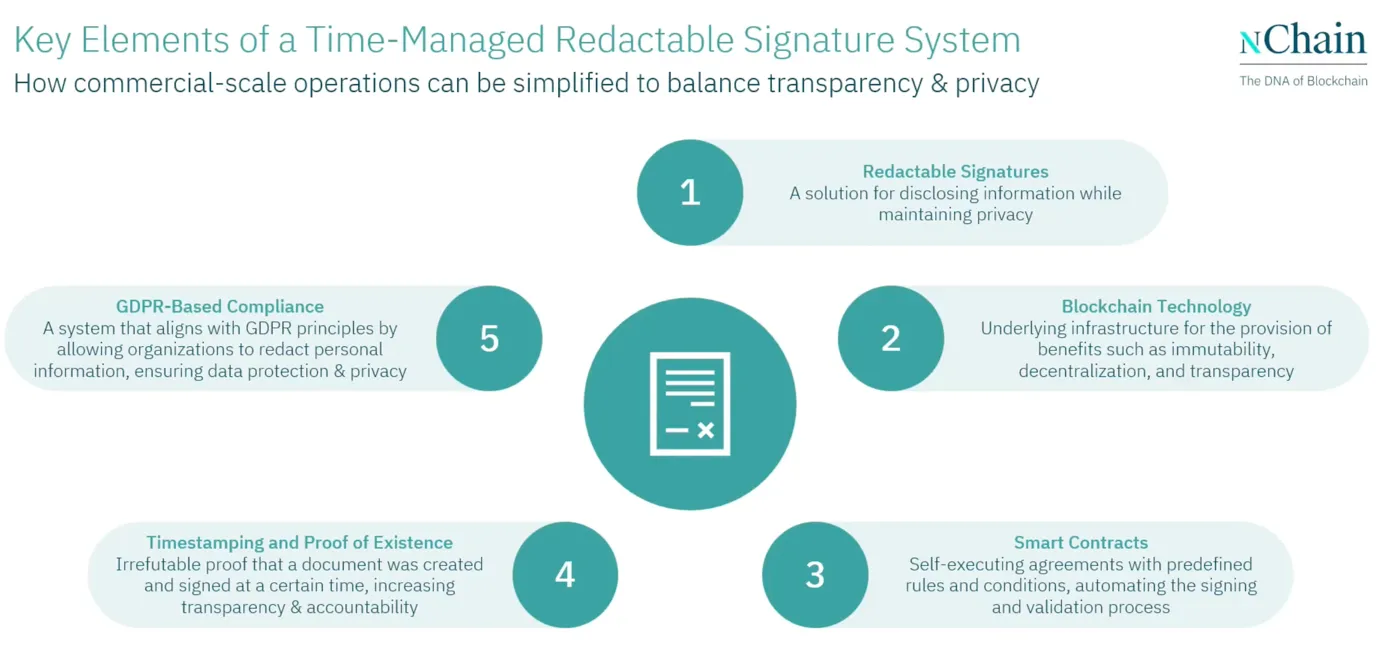
This blockchain-driven solution could be used not only by individuals, but by governments, too. Think of use cases where a government agency must demonstrate that a file has not been altered while not releasing the whole file itself—making it possible to protect sensitive information without blocking full access.
Digital paper on the BSV blockchain
Dr. Wright explained that he tries to bring back the misunderstood concept of digital paper, as in “physical scarcity for digital goods.” Once a solution like the redactable signature system is implemented, a digital file that is an original can get selectively disclosed—almost the way you share a certain section of a paper document without handing out a full copy of it and without handing out the original.
Imagine trying to show me just a part of your paper birth certificate. You would need to put your hands over areas of the document that you do not wish me to see while leaving enough visible room for the sections you do want me to witness with my eyes. Another option is: you start to tape over the paper, hoping not to damage the original.
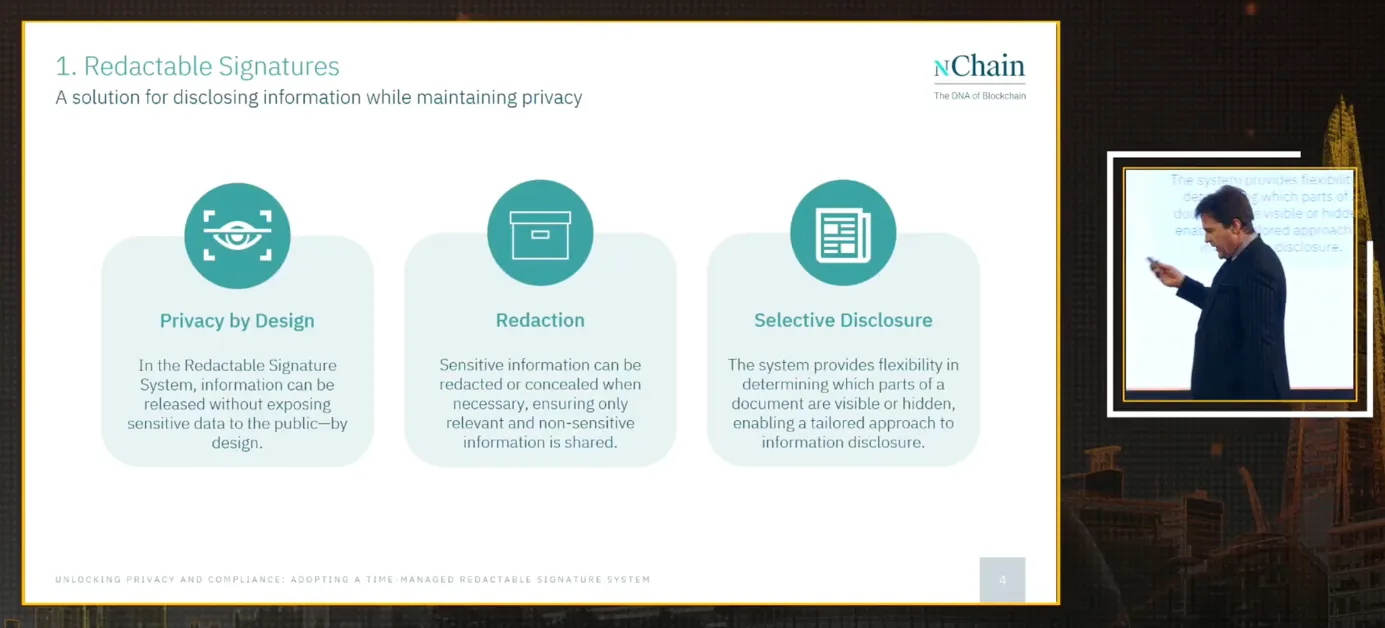
“I envision every single file ever created on your hard drive being encrypted—individually. Not one key, not one hard drive one key, not a set of keys for different files. Identity linked, every single file completely, immutably, separate (…). And by that, I do not mean once—every time you access it, encrypted again!” Dr. Wright said.
Think one more time of digital paper. Your real paper documents are probably in your home, “encrypted” by the physical key to your house or flat. Whoever gets the key to your home can fully access your paper documents. A whole different story with digital paper and the solutions Dr. Wright explained in his keynote speech.
Creators should be protected in the AI era
While the recently published AI tools that hit the world like a tsunami can empower content creators, there is a risk that others parasitically profit from the work of honest originators.
“This now changes the nature of AI. Silicon Valley loves their model, which is: steal everything. ‘It should be free, so we can steal it’ I don’t agree with that one. I think creators have rights (…) Rights should belong to the person who created a document. If you write a book, you should own it. If you do artwork, it shouldn’t be something that an AI sucks up to make some other—well—crap! It should be something that is unique,” Dr. Wright remarked.
The BSV Blockchain are all about ownership of data and the micro valuation thereof. Dr. Wright envisions a world where the work of content creators can indeed be fed into an AI algorithm but with payments attached to those that delivered the training data and inputs for every single usage of the content by the AI and by others. That is why we trace and track at an ultra-low cost on the BSV blockchain.
“Even if it is a billionth—and I really mean a billionth of a U.S. cent—per transaction (…) We want a model where people own,” Dr. Wright stated.
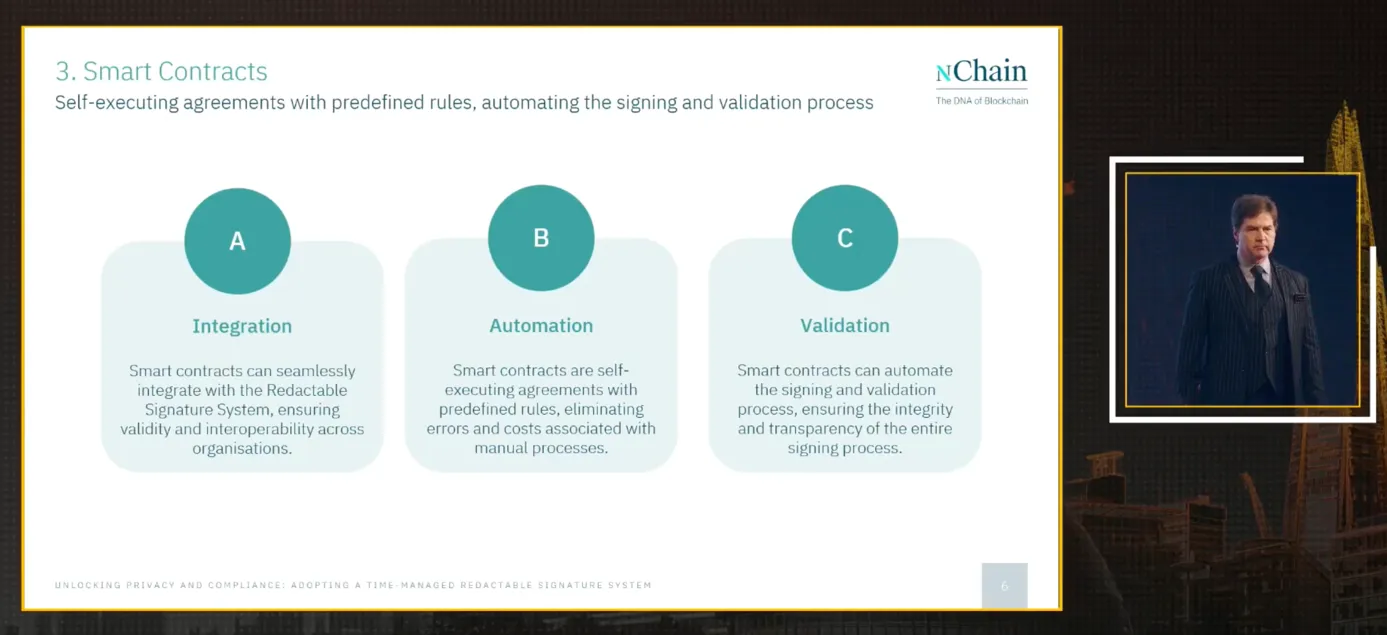
Blockchain was never anti-state, anti-law, or anti-banks
Dr. Wright focuses on the BSV blockchain to be a fully compliant technology and has been publishing educational resources precisely on that matter for years:
- Bitcoin is the most law-abiding system ever created
- Papers associated with Bitcoin and related topics in law
- Forensic profiling of “cryptocurrency” criminals
The compliance of digital assets and blockchain solutions is key for a world where we do spend more and more time online, but without becoming the product of a few platform companies. If we follow Dr. Wright’s vision, not only the individual will be empowered. Governments will deliver better services to citizens while at the same time feeling a bit of pressure, too.
“Accountability—this is the big one. We want a society that is accountable. Not every government is going to like this. Some will (…) Governments should compete,” Dr. Wright said.
In his closing statement, Dr. Wright asked the audience what kind of a world they wanted to live in. According to him, we are at a point in history where there is a binary choice: either a digital control system or a digital ownership system.
The tools are here. The regulations are here. It is now up to us—how we, the people, decide.
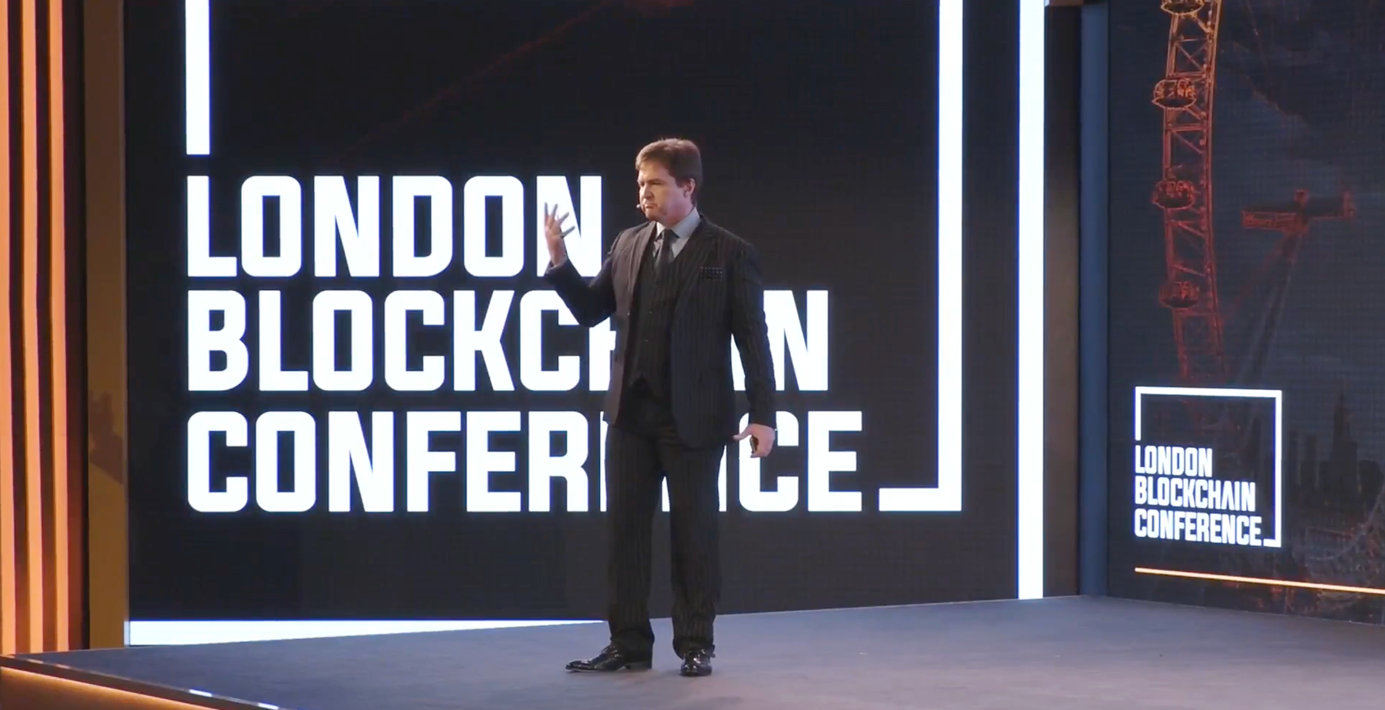

 08-08-2025
08-08-2025 
